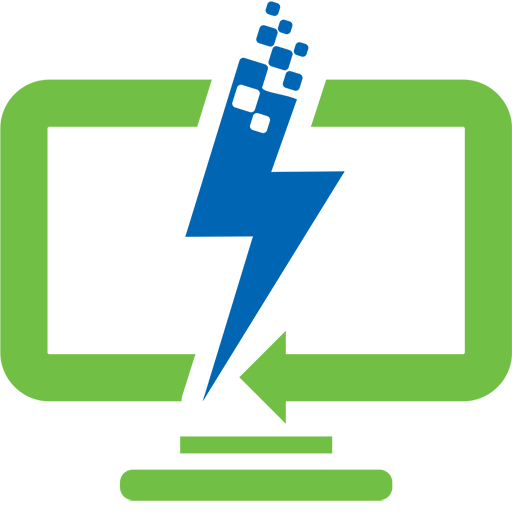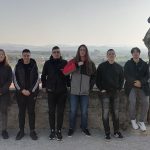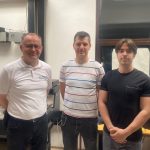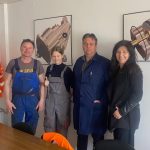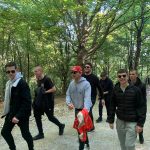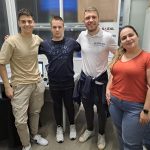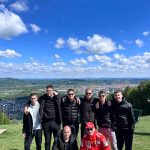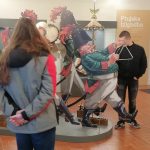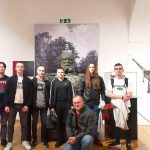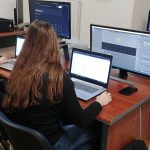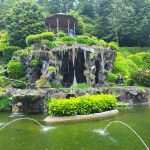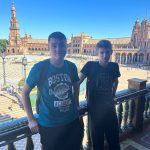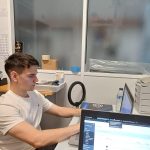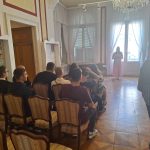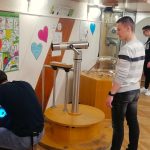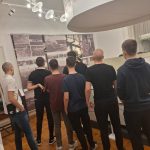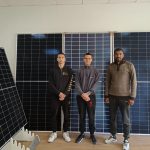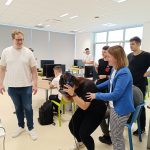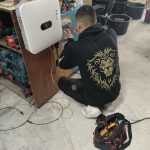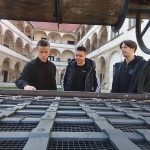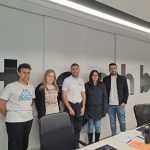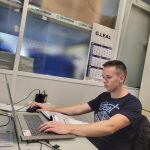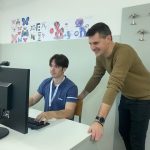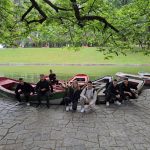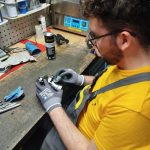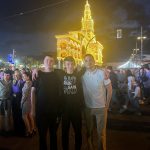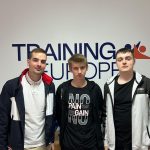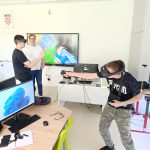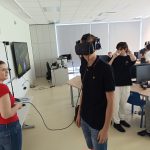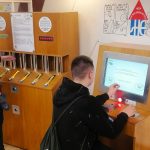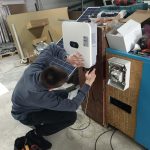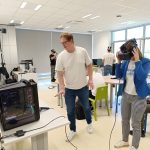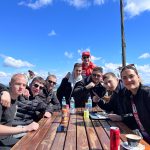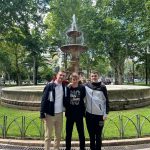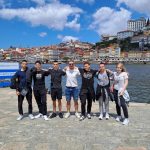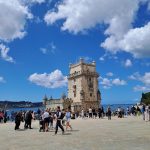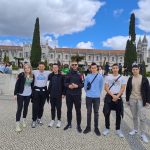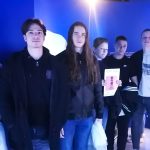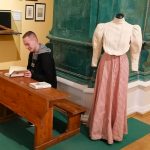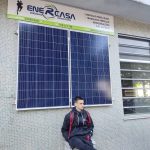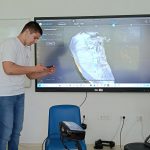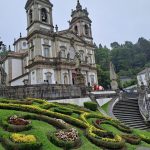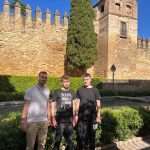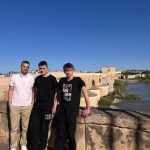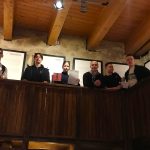Another Erasmus+ mobility project for students and staff in vocational education and training (VET) was successfully completed on August 31, 2024. year. The project enabled the development of practical skills in companies for 22 students. 20 students participated in short-term mobility in companies in Slovenia and Portugal, while two students completed their three-month internship in Spain, while 3 teachers participated in job shadowing. In addition to the mobility behind the students and teachers who participated in the project in any way, there are enormous hours of work and preparation.
Mobility:
- Slovenia, Ptuj, 2 weeks, March 2024, 7 students (computer technician, mechatronics technician) accompanied by a teacher; and in May 2024, for 5 days, one teacher of vocational subjects participated in the observation of work in the ground floor school.
- Slovenia, Maribor, 2 weeks, April 2024, 7 students (electrical technician, electronics technician, mechatronics technician and road transport technician) accompanied by a teacher;
- Portugal, Braga, two weeks, May 2024, 6 students (electrical technician, computer technician) and one accompanying teacher, and in August 2024, 6 days, observation of work in IT and electrical companies for two teachers of vocational subjects.
- Spain, Cordoba, three months, May-August 2024, long-term mobility of 2 students (computer technician, electrical technician) and one teacher;
- One invited expert from Slovenia – XR education for teachers and students.
Through practice, the students had the opportunity to get to know the world of work in different cultures, observe and analyze the similarities and differences with Croatia, but also in the post-mobility period to compare the experiences of students from other countries. Mostly, the students worked in smaller companies, which enabled them to have direct contact with mentors and work colleagues, as well as an insight into the entire business, which improved not only their professional knowledge, but also had the opportunity to acquire entrepreneurial skills. These jobs usually required more communication and teamwork. One student completed his work tasks in educational institutions, which, according to the student, was an interesting experience and a lot of practical and interesting work tasks.
Another important aspect of the Erasmus experience is independent living, where participants learn to navigate everyday life situations and solve problems: moving by public transport in larger or smaller environments, buying groceries, preparing meals, doing laundry, cleaning the spaces where they stay, disposal money and free time. Some groups were accommodated in student dormitories, some in hostels or hotels. In all accommodation units, they shared space with other participants, which was a special experience of getting to know each other, connecting, but also learning coexistence, tolerance and adaptation. In their free time, they had the opportunity to get to know cultural and historical sights, participate in various manifestations and social events, and in the daily activities of the places where they stayed.
The focus of education, from invired experta, is on UX, how to design a VR experience, making prototypes, communication with the client, 3D – how to make models, what are the requirements for XRsetting up a VR project, movement, interaction, events, creation of materials (modeling, scanning, photogrammetry, output requirements…). Students and teachers could try the equipment and have different VR experiences as well as see how a 3D model is created using a 3D scanner.
